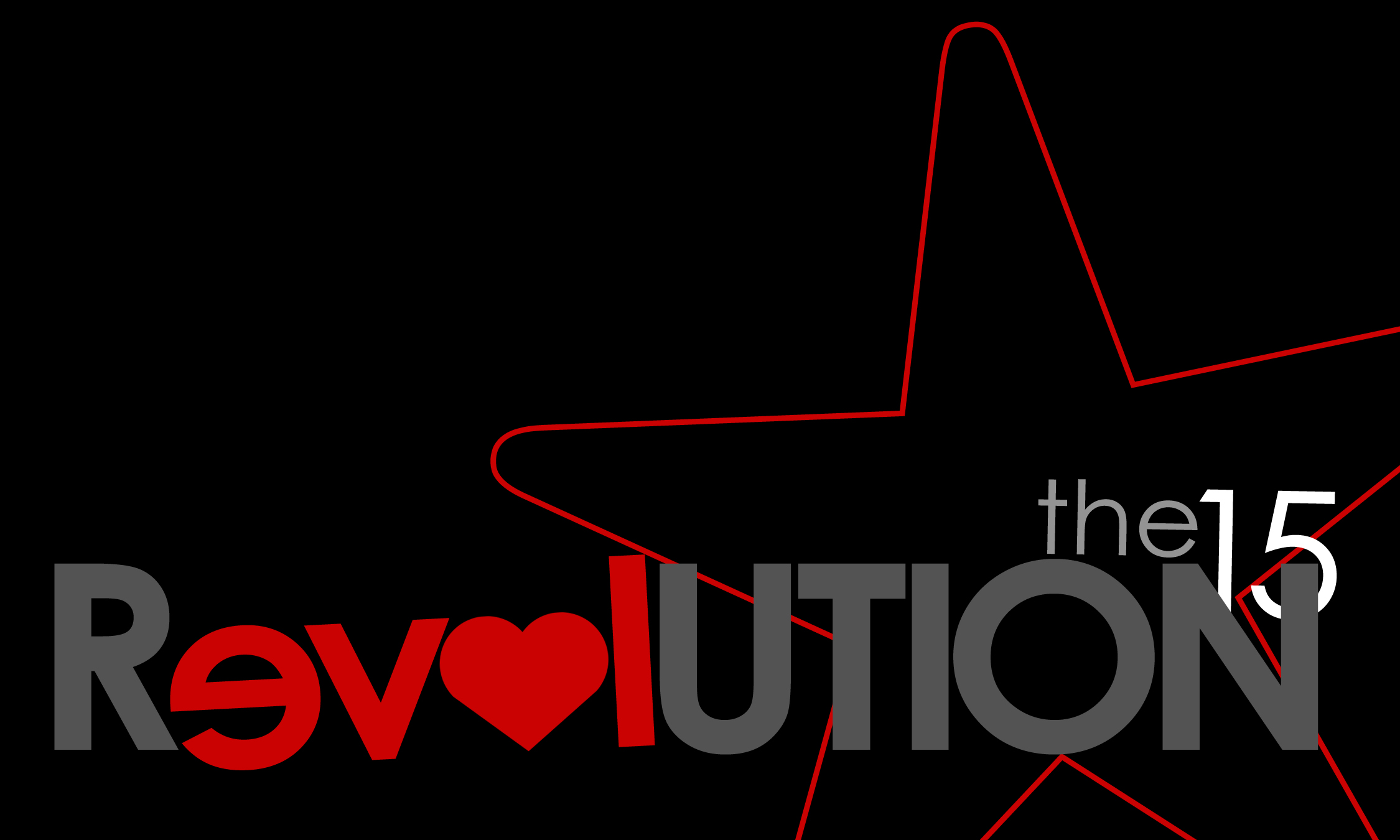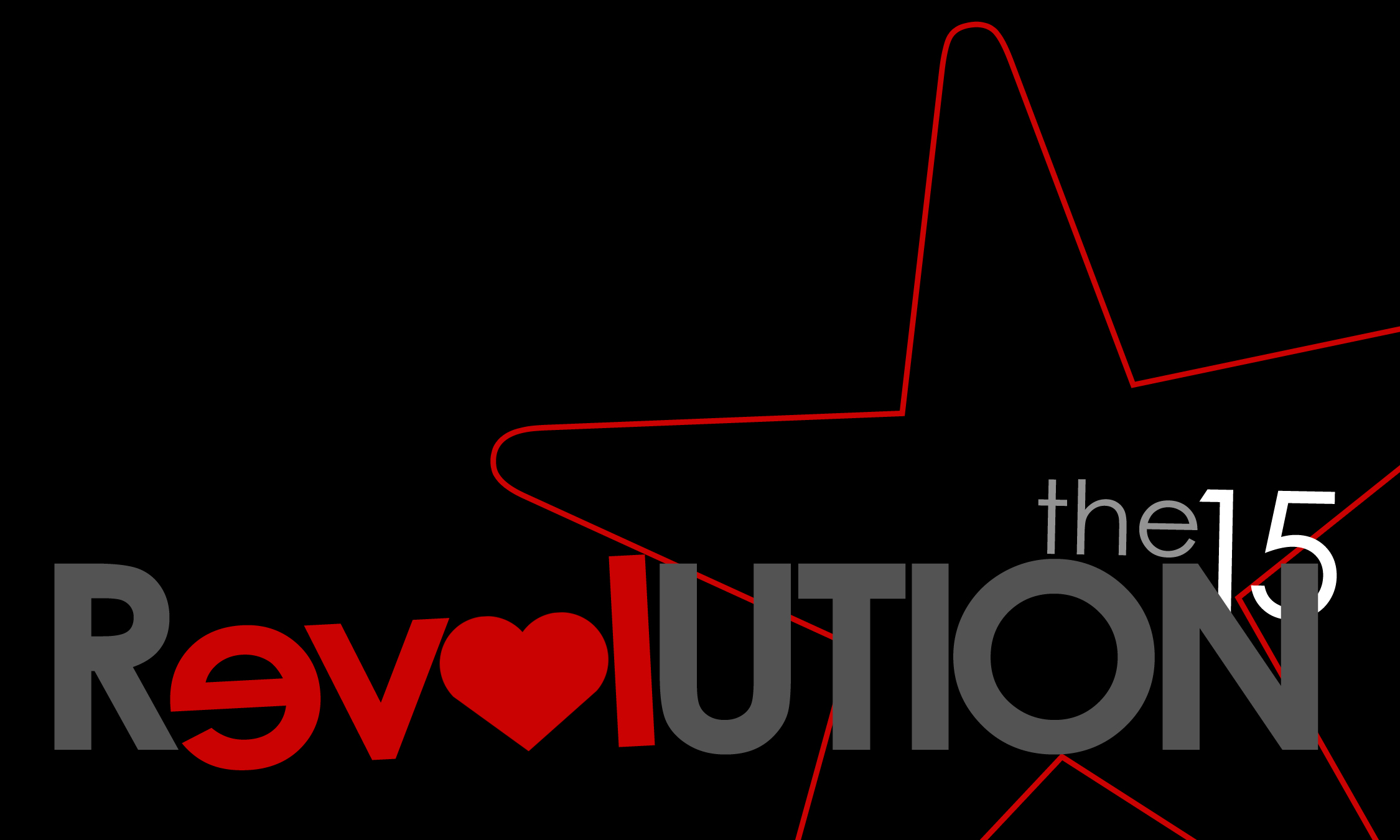Doom & Gloom Freak-Outs
Our culture has plenty of doom and gloom prophets, peddling their “goods” of fear and paranoia.
For some, just about anything serves as further evidence that civilization is on the brink of destruction.
“Bieber fever? Yet another sign of the coming apocalypse.”
There’s a long list of unfulfilled end-of-the-world prophecies and their false prophets.
Of course, doom and gloom freak-outs aren’t new.
When Jesus was born, angels came announcing this Good News.
The response?
Sheepish shepherds, started shakin in their sneakers. (say that 5 times quickly)
They were so scared, the shepherds almost peed their robes.
Here’s how it reads in the Message Bible:
There were sheepherders camping in the neighborhood. They had set night watches over their sheep. Suddenly, God’s angel stood among them and God’s glory blazed around them. They were terrified. The angel said, “Don’t be afraid. I’m here to announce a great and joyful event that is meant for everybody, worldwide: A Savior has just been born in David’s town, a Savior who is Messiah and Master.” (Luke 2.8-11)
Interesting, isn’t it?
The angel came to announce a “great and joyful event that is meant for everybody, worldwide.”
The shepherds acted like they expected the “Angel of Death” from Raiders of the Lost Ark to melt off their faces.
Except there was no face melting—just Good News.
Nearly every time Scripture records an angel showing up on the scene, they say the same thing:
“Do not be afraid.”
This all makes me wonder…
Do we sound more like the shepherds or the angels?
Are we terrified and ready to run for the hills or are we announcing the Good News?
The world doesn’t need more doom and gloom freak-outs.
Our world needs Good News.
Let’s announce it!










